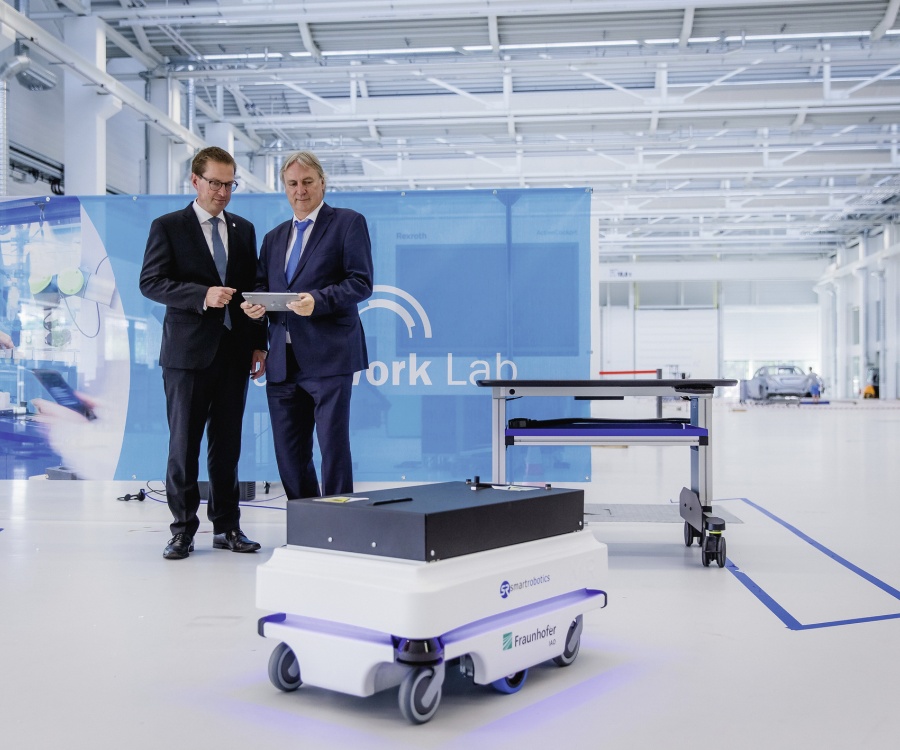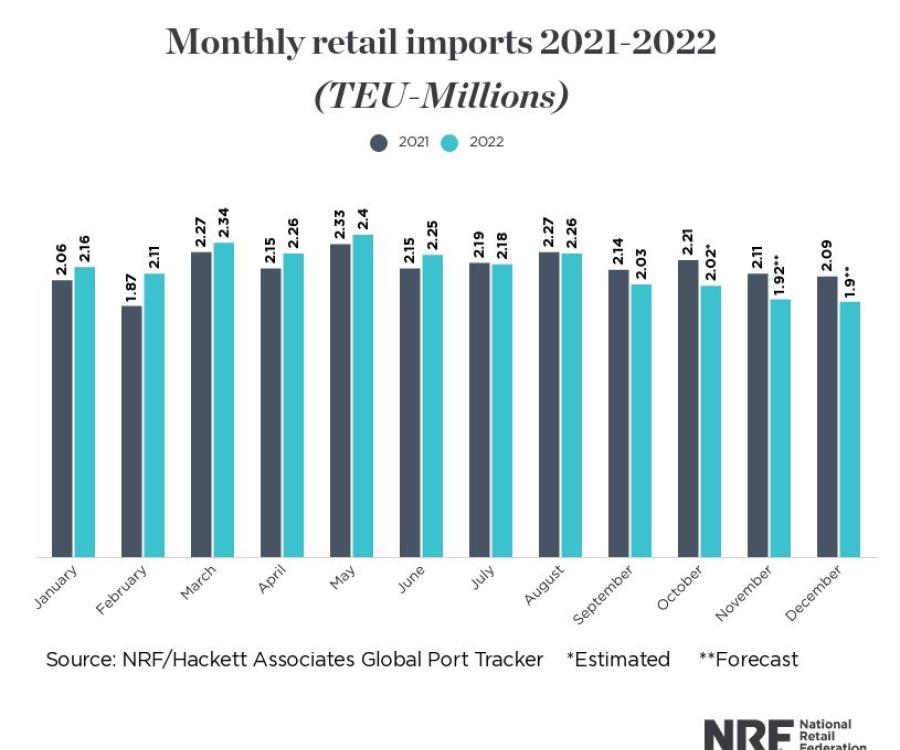
In spite of many political and economic uncertainties as well as numerous business challenges ranging from the lack of skilled personnel to digitalization, the logistics industry is confident that it will meet the challenges. Companies are getting ready and pushing future technologies forward. This can also be seen at transport logistic in Munich from June 4 to 7, 2019.
“The international logistics industry is optimistic. Forty-three percent of the logistics professionals surveyed see the further economic development rather positively, and 41 percent believe it will remain stable,” Stefan Rummel, Managing Director of Messe München, reported. “At the same time, the trend barometer of transport logistic shows that companies are facing the challenges, adapting and investing in future technologies.” The opinion research institute IfaD conducted the survey online among previous trade fair participants on behalf of transport logistic in February 2019. Seventy-two percent of the 2,680 respondents are in managerial positions.
Confident despite challenges
Despite many economic and political uncertainties, logistics professionals in Germany (1,599 respondents), other European countries (868) and beyond (213) see economic development globally and in their respective countries as rather positive (43 percent ) or stable (41 percent). They feel ready to face the challenges. Sixty percent of companies are taking measures such as efficiency programs to cushion a possible slowdown in the economy. In addition, 61 percent say they will adjust their supply chain or do so in the near future due to stronger trade conflicts and punitive tariffs.
No panic about Brexit
Even in the face of the Brexit chaos, the majority of respondents are not worried. Thirty-eight percent say they are prepared for all contingencies. Fifty percent believe they will not be directly affected. Only 12 percent fear massive adverse effects from a hard Brexit.
Staff shortages is the biggest challenge
One of the biggest challenges facing the logistics industry is the lack of good staff. Forty-five percent complain about the lack of skilled workers, and 33 percent about the lack of drivers. Increasing price and competitive pressure is also at the top of the list at 40 percent, 33 percent also regard digitalization of business processes as particularly challenging, and 25 percent cite increasing bureaucratic constraints. Respondents also had the opportunity to specify their own topics. The quality of infrastructure was particularly criticized.
Sixty percent are investing in innovative technologies
However, companies not only see challenges; 60 percent of respondents say that their company is investing in innovative technologies. Top 5 technologies: “Industry 4.0 and IoT” (25 percent), “Telematics and Autonomous Driving” in the same measure as “Alternative Drives /Electric Mobility” (22 percent each) as well as “Robot Use” and “Artificial Intelligence” at 14 percent each.
Cooperation is a trend in city logistics
Clogged inner cities, area competition, challenge of the last mile—to make city logistics smart, fast and clean, the three most important measures are: cooperation with other participants (20 percent), alternatively powered delivery vehicles (17 percent) and the bundling of shipments from different service providers (14 percent).
Diesel under pressure
The diesel engine is under pressure, and consequently many companies are too. Twenty-eight percent of respondents say that (diesel) driving bans jeopardize the profitability of their company. Thirty-three percent already have alternative drives in use in their company, and 41 percent want to integrate alternative drives into their fleet in the near future. Only 11 percent want to retrofit existing vehicles. Overall, 54 percent of respondents say their company will invest in new vehicles.
In the midst of digital transformation
The logistics industry is in the midst of the digital transformation. Eleven percent see themselves as pioneers in this field, 33 percent already have a digital overall strategy in the company, and 44 percent have already digitalized many processes and will do this with other ones. Sixty-four percent say their company invests sufficiently in digitalization. Thirty-five percent of respondents reported their company works with start-ups to drive innovation.









